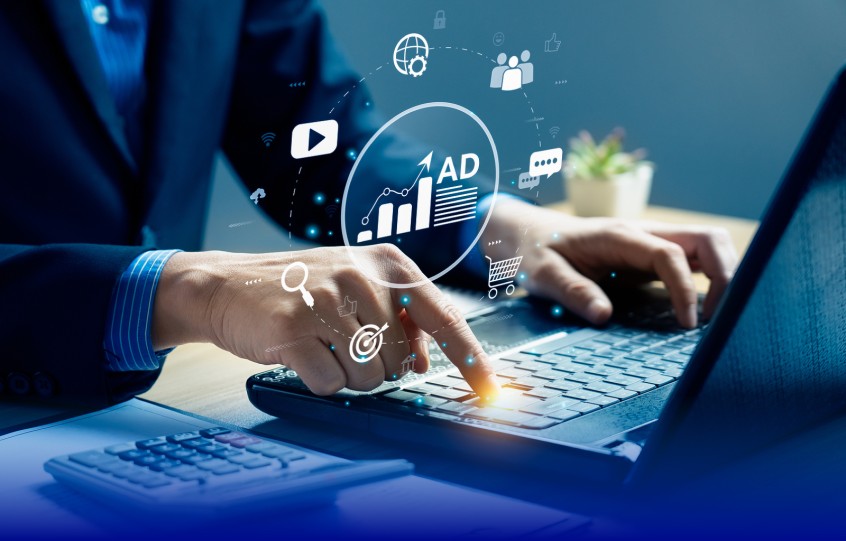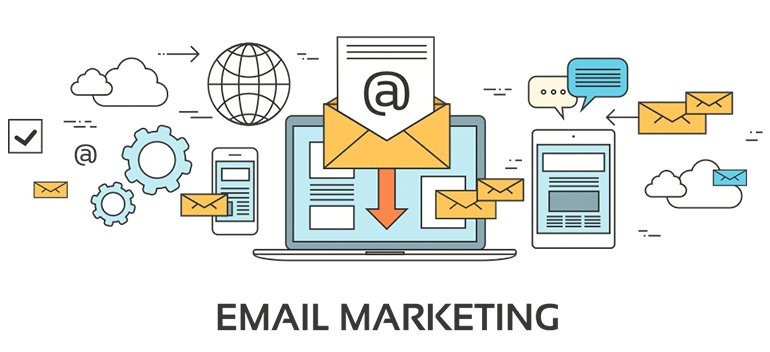AI-Powered Apps: In today’s fast-paced digital world, artificial intelligence (AI) has transformed various aspects of human life, with healthcare being a major beneficiary. AI-powered health tracking apps are at the forefront of this revolution, offering users the ability to monitor their health metrics and receive personalized improvement suggestions. These applications leverage machine learning, data analytics, and real-time monitoring to provide insights into physical activity, nutrition, sleep patterns, mental health, and chronic disease management. This article explores how AI-powered health apps are revolutionizing personal well-being and healthcare.

The Rise of AI-Powered Health Apps
The adoption of AI in healthcare has been growing exponentially. With the integration of wearable technology, smartphone sensors, and cloud-based analytics, AI-driven apps have become more sophisticated in tracking health parameters. From monitoring heart rates and step counts to predicting potential health risks, these applications offer a proactive approach to well-being. Some of the most well-known AI health tracking apps include Apple Health, Google Fit, MyFitnessPal, Fitbit, and Sleep Cycle.

Key Features of AI-Powered Health Tracking Apps
-
Real-Time Health Monitoring
AI-powered health apps use data from wearable devices like smartwatches, fitness bands, and mobile phones to track real-time health metrics such as heart rate, blood pressure, oxygen levels, and stress levels. The collected data is analyzed instantly to provide meaningful insights and trends.
-
Personalized Recommendations
One of the major advantages of AI-driven health apps is their ability to analyze a user’s data and provide personalized health suggestions. Based on past behaviors, dietary habits, and activity levels, these apps generate customized fitness plans, meal recommendations, and lifestyle changes.
-
Predictive Analytics and Disease Prevention
AI algorithms can assess vast amounts of historical and real-time health data to identify patterns and predict potential health risks. By recognizing early signs of conditions such as diabetes, cardiovascular diseases, or stress-related disorders, AI-powered apps can prompt users to take preventive measures or seek medical consultation.

-
Sleep and Mental Health Tracking
With the increasing focus on mental health and sleep quality, AI-driven apps analyze sleep patterns and stress levels. Using voice analysis, facial recognition, and behavior tracking, these apps detect emotional states and provide relaxation techniques, guided meditation, or sleep hygiene tips.
-
Virtual Health Coaching
AI-powered virtual health assistants act as digital coaches, guiding users through fitness routines, nutrition tracking, and lifestyle modifications. Some apps also feature chatbots or voice assistants that answer health-related queries, making personalized healthcare more accessible.
-
Chronic Disease Management
For individuals with chronic conditions like diabetes or hypertension, AI-powered apps offer continuous monitoring and reminders for medication intake, dietary guidelines, and scheduled check-ups. They also facilitate remote consultation with healthcare providers, enhancing patient engagement and self-care.

Benefits of AI in Health Tracking
The integration of AI in health tracking offers several benefits, including:
- Early Detection of Health Issues: Artificial intelligence[AI] can identify subtle health changes and warn users about potential medical conditions before they become severe.
- Data-Driven Decision Making: With access to comprehensive health analytics, users can make informed lifestyle choices.
- Improved User Engagement: AI-powered insights motivate users to stay committed to their health and fitness goals.
- Accessibility and Convenience: These apps provide instant feedback and recommendations, reducing the dependency on frequent doctor visits.
- Integration with Smart Devices: AI health apps seamlessly connect with smartwatches, fitness bands, and IoT medical devices to provide a holistic view of an individual’s health.

Challenges and Concerns
While AI-powered health apps offer numerous advantages, there are challenges and concerns that need to be addressed:
- Data Privacy and Security: Since these apps handle sensitive health information, concerns regarding data breaches and unauthorized access are prevalent.
- Accuracy and Reliability: AI predictions and recommendations are based on data inputs, and errors in data collection can lead to misleading health insights.
- Regulatory and Ethical Concerns: The use of AI in healthcare raises questions about accountability, compliance with health regulations, and ethical considerations.
- Over-Reliance on Technology: Users might excessively depend on AI-driven recommendations without consulting medical professionals, which can be risky in certain health conditions.

Future Trends in AI-Driven Health Tracking
The future of AI in health tracking looks promising, with several advancements on the horizon:
- AI-Powered Diagnostics: Enhanced AI algorithms will provide more accurate diagnostic capabilities through image recognition, voice analysis, and wearable sensor data interpretation.
- Integration with Telemedicine: AI-driven health apps will further integrate with telemedicine platforms, enabling real-time consultations with healthcare providers.
- Genetic-Based Health Insights: AI will be used to analyze genetic data, providing personalized health recommendations based on an individual’s genetic predisposition.
- Improved Mental Health Assistance: Advanced AI models will enhance the accuracy of mood detection and mental health assessments, offering more effective support for mental well-being.
- Wearable AI Health Assistants: Smart wearable devices will incorporate AI-driven insights for continuous monitoring, alerting users about potential health risks in real time.

Conclusion
AI-powered applications are transforming the landscape of health tracking and personalized well-being, offering unprecedented levels of accuracy, accessibility, and adaptability. By leveraging machine learning, big data, and real-time analytics, these apps empower individuals to take proactive control of their health, providing tailored insights and actionable recommendations.
One of the most significant advantages of AI in health tracking is its ability to analyze vast amounts of data efficiently, detecting patterns and predicting health risks before they become critical. Whether through wearable devices monitoring vital signs, AI-driven nutrition planners, or mental health chatbots offering real-time support, these applications enhance healthcare precision while promoting preventive care.
Furthermore, AI-driven health solutions are bridging the gap between individuals and healthcare providers. Telemedicine platforms, AI-powered diagnostics, and virtual health assistants are reducing the burden on healthcare systems, improving accessibility to care, and fostering a more personalized patient experience. By integrating AI with biometric sensors and IoT technology, users receive continuous monitoring, enabling early intervention and better management of chronic conditions.

Despite these advancements, challenges remain. Data privacy concerns, algorithm biases, and regulatory compliance issues must be addressed to ensure ethical and responsible AI implementation. Striking a balance between technological innovation and user trust is crucial for the sustainable growth of AI in health tracking.
Looking ahead, AI-powered health apps will continue to evolve, incorporating more sophisticated algorithms, enhanced personalization, and deeper integration with medical ecosystems. As AI advances, it holds the potential to revolutionize not only how we track our well-being but also how we approach holistic health management. With ongoing research, ethical considerations, and user-centered design, AI-powered health applications will shape a future where personalized healthcare is not just a luxury but a standard for all.
ALSO READ THIS:Rasha Thadani: Fearless, Unbreakable and Rising Star in the Spotlight In 2025




